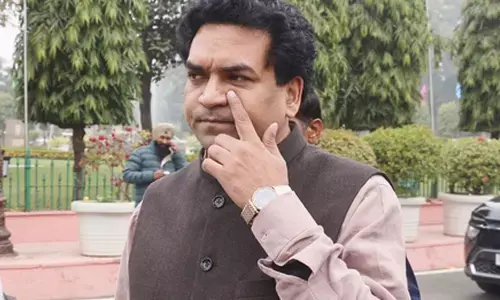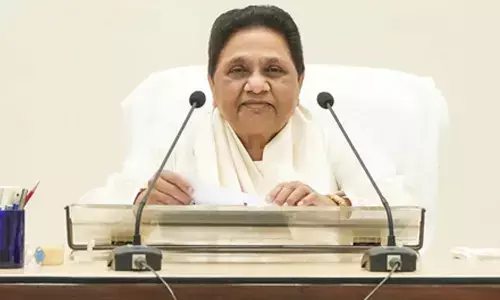Top Skills That Executives Need to Develop in 2023

Hormazd Mistry, CEO – ROI Institute India
The business landscape continues to evolve at an astonishing pace. For executives, this means embracing a new set of challenges and opportunities. Hormazd Mistry, CEO – ROI Institute India
The business landscape continues to evolve at an astonishing pace. For executives, this means embracing a new set of challenges and opportunities. Hormazd Mistry, CEO – ROI Institute India
shares ten critical competencies that will be instrumental for executives:
1. Adaptability and Agility: The ability to pivot swiftly in response to changing circumstances is a survival imperative. Embracing change, staying open to new ideas, and fostering a flexible work environment will be essential.
2. Digital Literacy: Digital transformation is not just a buzzword; it's a fundamental shift reshaping industries. Executives should be digitally literate and understand emerging technologies. They must leverage new tools to drive innovation, enhance customer experiences, and streamline operations.
3. Emotional Intelligence (EI): EI, the ability to understand and manage one's emotions and those of others, is crucial. Executives who excel in EI foster healthy workplace relationships, make empathetic decisions, and build resilient teams.
4. Strategic Vision: The capacity to anticipate industry trends, envision a compelling future and chart a course toward that vision is non-negotiable. Executives must be adept at setting clear goals and aligning their teams to achieve them.
5. Inclusivity and Diversity: Diversity is a strategic advantage in a globalized world. Executives should create inclusive cultures where diversity of thought and backgrounds thrives. It fosters creativity and enables organisations to serve their diverse customer bases.
6. Data-Driven Decision-Making: Executives must make decisions grounded in data-driven insights. Understanding metrics, harnessing analytics, and making informed choices will differentiate successful executives.
7. Communication and Transparency: Executives must be skilled communicators, conveying their vision, strategies, and expectations. Transparency builds trust—a commodity no executive can afford to squander.
8. Crisis Management: Executives must be adept at crisis management, with well-thought-out contingency plans, rapid response capabilities, and crisis communication strategies.
9. Global Mindset: With businesses transcending borders, executives must possess a global mindset. Understanding international markets, regulations, and cultural nuances is vital for organisations seeking global expansion.
10. Resilience and Well-Being: Leadership can be taxing, and a burnt-out executive is of little help. Prioritising self-care, seeking mentorship, and nurturing a support network are essential to executive longevity.
How to Develop These Skills:
1. Lifelong Learning: Embrace a mindset of continuous learning. Read books and research articles and attend workshops, webinars, and industry conferences.
2. Mentorship: Seek mentors who possess the skills you want to develop. Their guidance and experience can be invaluable in honing your abilities.
3. Networking: Connect with professionals from diverse backgrounds. This exposure broadens your perspective and helps you acquire new skills through shared knowledge.
4. Experiential Learning: Apply what you learn in real-world situations. Experiment, take calculated risks, and learn from both successes and failures.
5. Feedback: Actively seek feedback from peers, mentors, and team members. Constructive criticism helps identify areas for improvement.
6. Online Courses and Workshops: Numerous online platforms offer courses on various skills. Consider enrolling in programs that align with your development goals.
Executives with diverse skill sets can excel in this dynamic environment. Developing these skills demands commitment, a thirst for learning, and a willingness to adapt. Executives who prioritise skill development will thrive and become leaders who drive their organisations forward.















